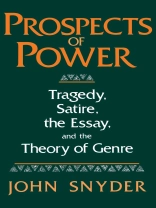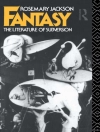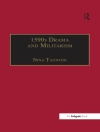Genre—the articulation of ’kind’—is one of the oldest and most continuous subjects of theoretical and critical commentary. Yet from Romanticism to postmodernism, the concept of genre has been punched with so many holes that today it hardly seems graspable, let alone viable. By combining theory with dialectical literary histories of three significantly different genres—tragedy, satire, and the essay—John Snyder reconstructs genre as the figural deployment of symbolic power.
One purpose of this approach is to reconcile the recent dismantling of representational and classificatory genres with the incipient notion in post-Althusser Marxism that genre is the crucial mediation between history and aesthetics. Snyder extends certain implications of Aristotle, Benjamin, Bakhtin, Foucault, and Serres. He also offers the first antisystem yet comprehensive genre theory to serve as a fully distinct alternate to Frye’s formalist and Genette’s structuralist schemes.
Finally, Snyder’s theory of genre as power opens a way to a fundamentally new theory of literature itself: that aesthetic language deployed as power organizes itself as generic intervention. Three historically dynamic configurations establish the range of all possible genres—tragedy as power politically deployed as mimesis, satire as power rationally deployed as rhetoric, and the essay as power textually deployed as constative rhetoric.
Specific analyses developing this important new theory cover a broad spectrum of literature, from classical to contemporary. Other genres, different media, and a variety of subgenres and modes political and religious—all acquire fresh significance from the elaborations of Snyder’s three selected genres.
Om författaren
John Snyder is associate professor of literature and humanities at the University of Houston.












